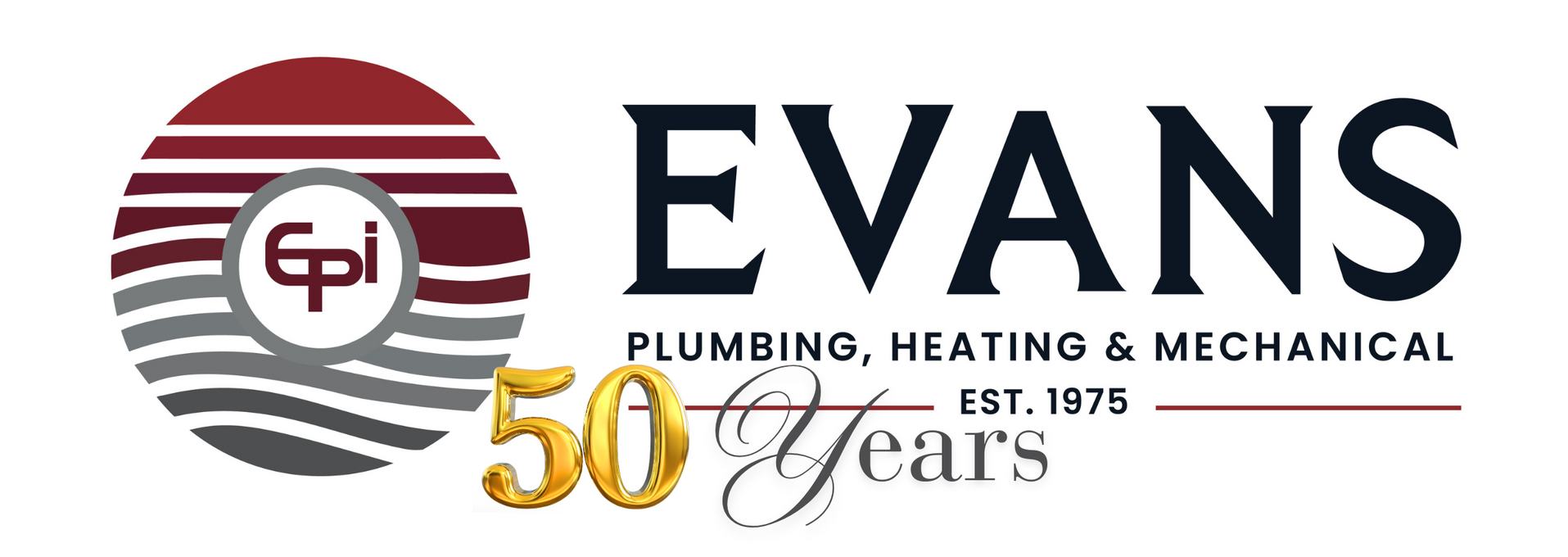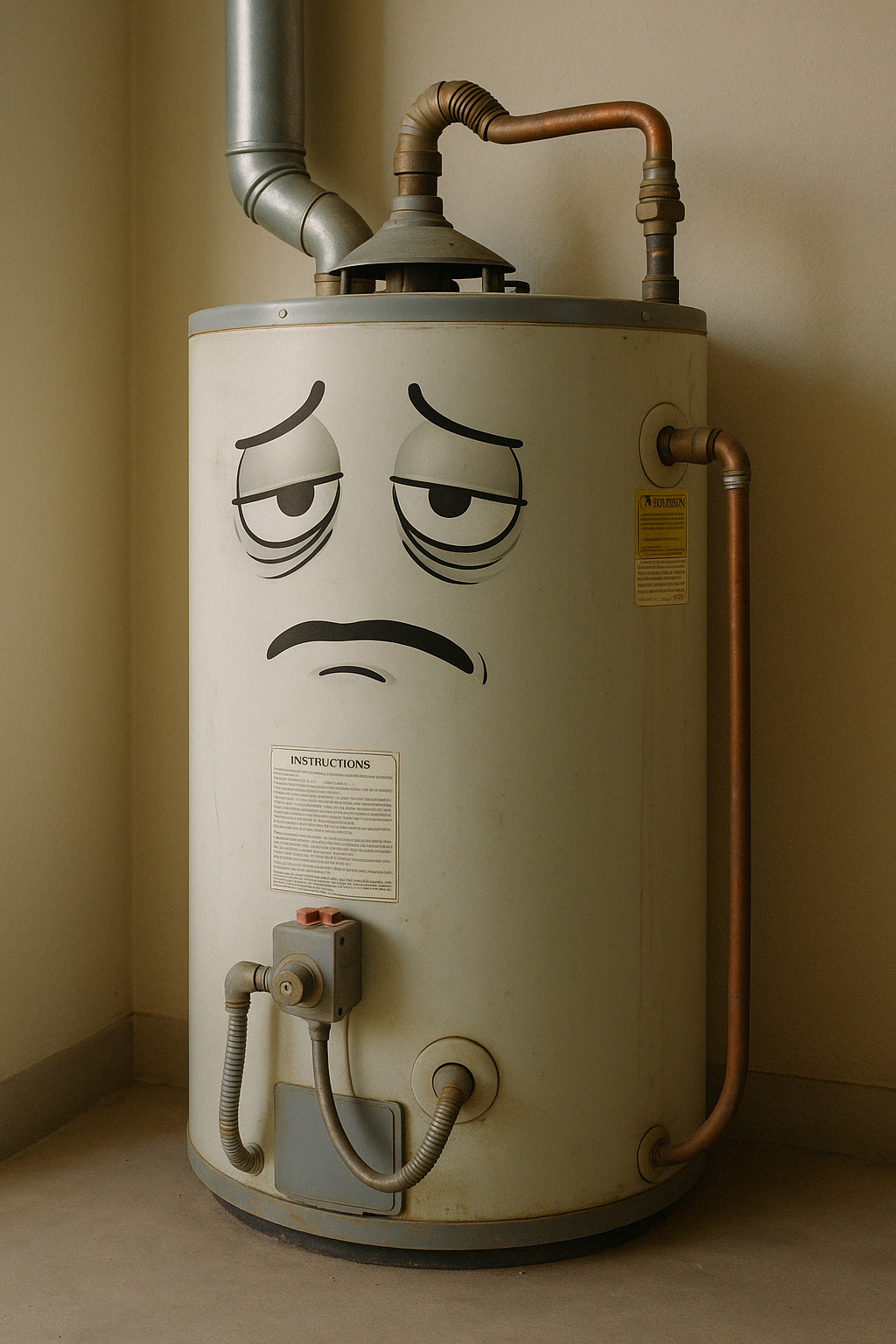Are Plumbing Apprenticeships Paid?
If you're considering a career in plumbing, you might be wondering about the financial aspects of apprenticeships. The answer is a resounding yes—plumbing apprenticeships are typically paid! Unlike traditional college paths that require tuition payments and often lead to student debt, apprenticeships allow you to earn while you learn, making them a fantastic option for those looking to build a skilled career in plumbing without the financial burden of formal education.
Let’s dive into what you can expect from a plumbing apprenticeship, including how much apprentices earn, what the job entails, and why this career path could be a rewarding choice for you.
What is a Plumbing Apprenticeship?
A plumbing apprenticeship is a structured training program that combines hands-on work experience with classroom instruction. Unlike other forms of training or certification programs, apprenticeships offer real-life work experience under the guidance of a licensed plumber. This means that as you learn the skills, codes, and standards of the trade, you’re gaining valuable job experience that sets you up for a successful career.
In the U.S., plumbing apprenticeships generally last four to five years. Throughout this time, apprentices learn the essentials of the trade, including installing, repairing, and maintaining plumbing systems. They also get in-depth training on safety practices, local building codes, and reading blueprints.
How Much Do Plumbing Apprentices Earn?
The pay for plumbing apprentices varies based on factors like location, experience, and union status. According to the U.S. Bureau of Labor Statistics, the average starting wage for plumbing apprentices is around $15–$20 per hour. However, some regions or unionized programs may offer higher starting wages, with apprentices seeing incremental raises as they gain experience and complete milestones in their training program.
For example:
- First-Year Apprentice: $15–$20 per hour
- Second-Year Apprentice: $20–$25 per hour
- Third-Year Apprentice: $25–$30 per hour
- Fourth-Year Apprentice: $30–$35 per hour
Once apprentices become licensed plumbers, they can expect even higher earning potential, often with average salaries around $55,000–$75,000 annually, depending on location and specialization. Additionally, many apprenticeships offer benefits such as health insurance, retirement plans, and paid time off, making this career path financially appealing.
How to Start a Plumbing Apprenticeship
Getting started as a plumbing apprentice usually involves a few key steps. Here’s a general guide:
- Education Requirements: Most programs require a high school diploma or GED. Having a background in math and science can be beneficial, as these skills are often applied in plumbing work.
- Finding an Apprenticeship: You can find plumbing apprenticeships through local trade unions, such as the United Association of Journeymen and Apprentices, or through non-union organizations. Many community colleges and vocational schools also partner with contractors to provide apprenticeship placements.
- Application Process: Expect to undergo an application process that may include testing, an interview, and a physical assessment to ensure you can handle the demands of the job.
- Commitment: Plumbing apprenticeships are long-term commitments that require dedication. The rewards, however, are significant, both in terms of skill development and financial gain.
Benefits of a Plumbing Apprenticeship Over Traditional Education
One of the biggest advantages of a plumbing apprenticeship is the lack of student debt. With a traditional college degree, you may spend years in school and accrue significant debt before entering the workforce. In contrast, a plumbing apprentice not only starts earning right away but also enjoys the hands-on learning that prepares them for a well-paying career upon completion.
In addition to financial stability, plumbing apprenticeships provide:
- Practical Experience: Classroom instruction is complemented by real-world application, giving apprentices a well-rounded understanding of the trade.
- Mentorship: Working with licensed plumbers means apprentices receive guidance, which can help them navigate the challenges of the profession.
- High Demand and Job Security: With the growing need for skilled tradespeople, a career in plumbing offers excellent job stability and opportunities for advancement.
Final Thoughts
Yes, plumbing apprenticeships are paid and offer a unique opportunity to gain valuable skills without incurring debt. As an apprentice, you’ll be part of a hands-on learning environment, develop a lasting career, and have the potential to advance in a field with steady demand.
If you’re interested in beginning a plumbing apprenticeship, check out resources like the United Association or local community colleges for more information on available programs near you.






Share On: